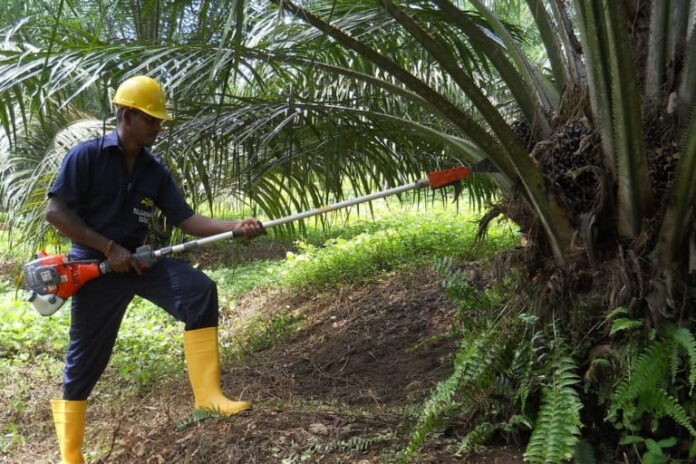By: Staff Writer
November 06, Colombo (LNW): The Planters’ Association of Ceylon (PA) is sounding the alarm over Sri Lanka’s continued ban on oil-palm cultivation, warning that each day the prohibition remains, the nation bleeds yet more foreign exchange and misses out on vital economic opportunity. The association estimates that between 2021 and 2025, Sri Lanka spent over US$175 million on imported edible oils after cultivation was prohibited in April 2021.
Once a cornerstone of crop-diversification strategy, oil-palm cultivation had been firmly backed by government policy in the early 2000s. Introduced in 1968, the crop took off when Regional Plantation Companies (RPCs) began seeking alternatives to loss-making rubber. By 2009, tax breaks for hybrid seed imports were in place, and by 2016 the state formally approved expansion to some 20,000 hectares, prioritising degraded rubber lands.
Yet the policy about-face in 2021 devastated the sector. With the ban on new cultivation and crude palm oil imports, local production collapsed, forcing edible-oil demand of some 264,000 metric tonnes annually to be met almost entirely by imports. The PA estimates that Sri Lanka now spends roughly US$35 million each year to plug the shortfall.
Investment in the sector had already been substantial — the total oil-palm sector investment exceeded Rs 23 billion, and seedlings valued at over Rs 550 million had to be written off when plantings were abandoned.
The economic impact ripples through the broader plantation and food‐processing industries. The sector once provided Rs 2.5 billion annually into rural households and sustained over 5,000 direct jobs and some 21,000 dependent livelihoods.
With the ban in place, these communities face an acute income decline. Meanwhile, downstream industries including bakery and confectionery (valued at over Rs 200 billion) cite rising input costs and supply disruptions of edible fats such as margarine and cooking oil.
From a productivity standpoint, oil-palm offers a compelling case: yields of three to eight times more oil per hectare compared to crops like coconut or soybean, on less land and with lower input costs. Plantation firms argue that, had policy remained consistent, Sri Lanka might have achieved near self-sufficiency in edible oils, saved billions in imports, and created new rural employment.
Environmental concerns have been cited in support of the ban a 2018 expert panel recommended phasing out the crop over ten years, citing soil erosion and water-source threats.
But the PA counters that Sri Lankan oil-palm expansion was restricted to old rubber lands, not virgin forests, and that global exemplars such as Malaysia and Indonesia manage palm oil under strict sustainability standards such as RSPO and MSPO.
With Sri Lanka’s foreign-exchange reserves under severe pressure and the plantation sector faltering, the association is calling for a pragmatic policy reset: lifting the ban, adopting certified sustainable palm-oil practices, integrating smallholders, reforming import-tax regimes and investing in R&D and traceability. “Every day the ban remains in place, the country loses money, opportunities and credibility,” says PA Secretary-General Lalith Obeyesekere.
Ultimately, the case for oil‐palm is not just economic but strategic: reviving a forward-looking plantation sector that bolsters food security, generates employment and conserves foreign exchange. The question now is whether policy will pivot quickly enough to salvage the lost ground and avoid further fiscal leakage in an already fragile economy.
